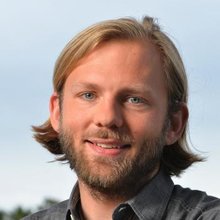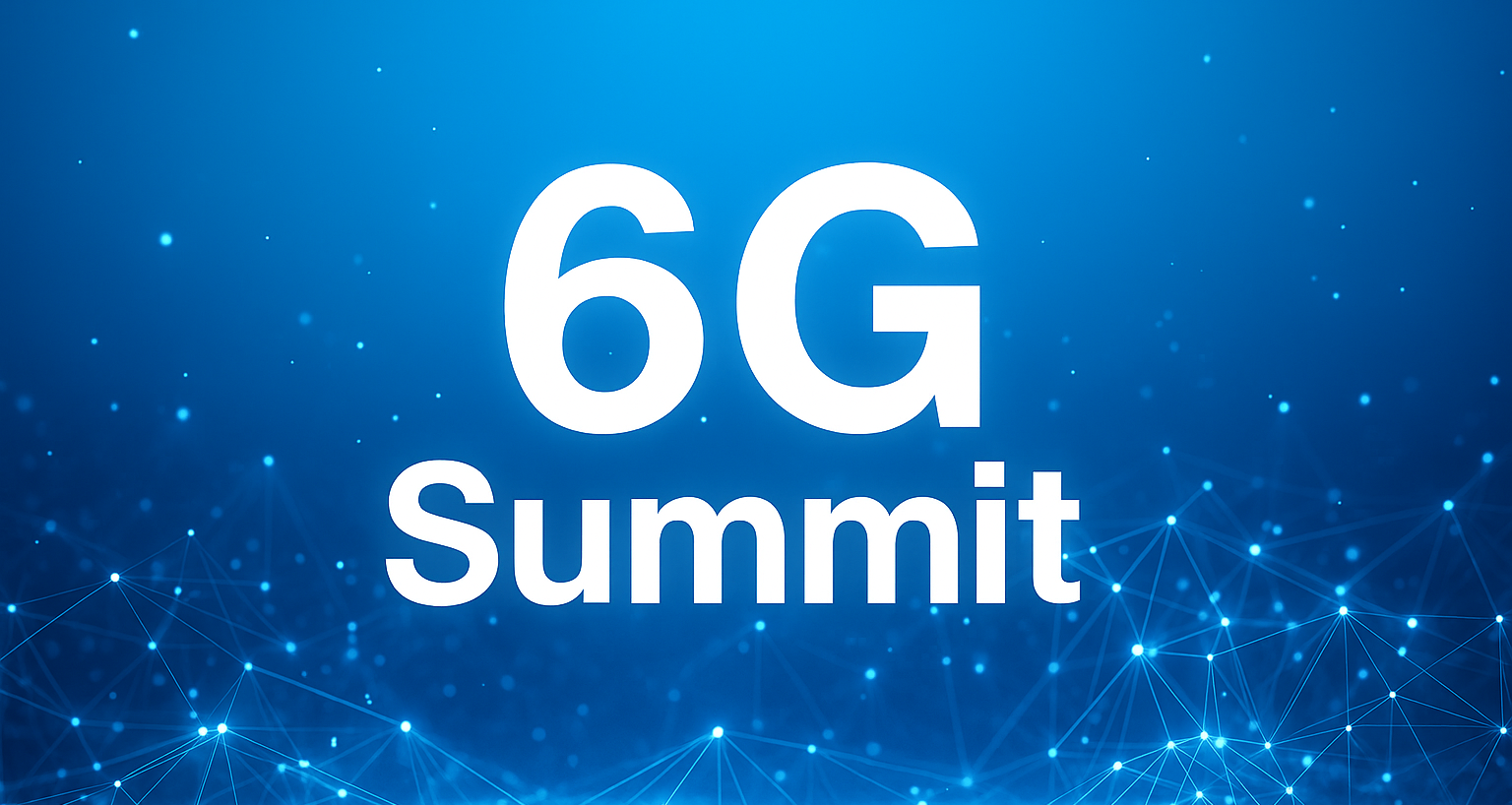Date and time: 8 May 2023, 11:30 – 12:30 CEST (UTC +2)
Speaker: Johan Ugander, Stanford University
Title: Harvesting randomness to understand computational social systems
Where: Digital Futures hub, Osquars Backe 5, floor 2 at KTH main campus OR Zoom
Directions: https://www.digitalfutures.kth.se/contact/how-to-get-here/
OR
Zoom: https://kth-se.zoom.us/j/69560887455
Moderator: Aristides Gionis: argioni@kth.se
Administrator: Emil Björnson: emilbjo@kth.se
Watch the recorded presentation:
 Abstract: Modern social systems are increasingly infused with algorithmic components designed to optimize various objectives under diverse constraints. Examples include school choice mechanisms to assign students to schools, peer review matching systems to assign papers to reviewers, or targeting strategies in social networks to seed product adoptions. In many such systems (and in all of these examples), such algorithms are commonly randomized, motivated by fairness, strategic, or efficiency considerations.
Abstract: Modern social systems are increasingly infused with algorithmic components designed to optimize various objectives under diverse constraints. Examples include school choice mechanisms to assign students to schools, peer review matching systems to assign papers to reviewers, or targeting strategies in social networks to seed product adoptions. In many such systems (and in all of these examples), such algorithms are commonly randomized, motivated by fairness, strategic, or efficiency considerations.
In this talk, I will describe general principles for how such randomness can be harvested to make causal inferences not only about the effects of these systems on various outcomes but also about how the system would behave under alternative algorithmic designs. By applying these methods to computational social systems, we can gain a deeper understanding of the ways in which these systems operate and their impact on individuals and society as a whole. The talk will incorporate joint work over several years with Alex Chin, Dean Eckles, Yuchen Hu, Steven Jecmen, Samir Khan, Martin Saveski, and Nihar Shah.
Bio: Johan Ugander is an Associate Professor of Management Science & Engineering at Stanford University and a member of Stanford’s Institute for Computational and Mathematical Engineering. His research primarily focuses on statistical and computational methods for studying social networks, human behaviour, and their interplay. Prior to joining the Stanford faculty, he was a postdoctoral researcher at Microsoft Research 2014-2015 and held an affiliation with the Facebook Data Science team 2010-2014.
He obtained his PhD in Applied Mathematics from Cornell University in 2014, with prior degrees from the University of Cambridge and Lund University. His awards include a 2022 NSF CAREER Award, a 2018 Young Investigator Award from the Army Research Office (ARO), a 2016 Facebook Faculty Award, the 2016 Eugene L. Grant Undergraduate Teaching Award from the Department of Management Science & Engineering, and multiple best paper awards.
Link to the profile of Johan Ugander
Link to the LinkedIn account of the speaker





